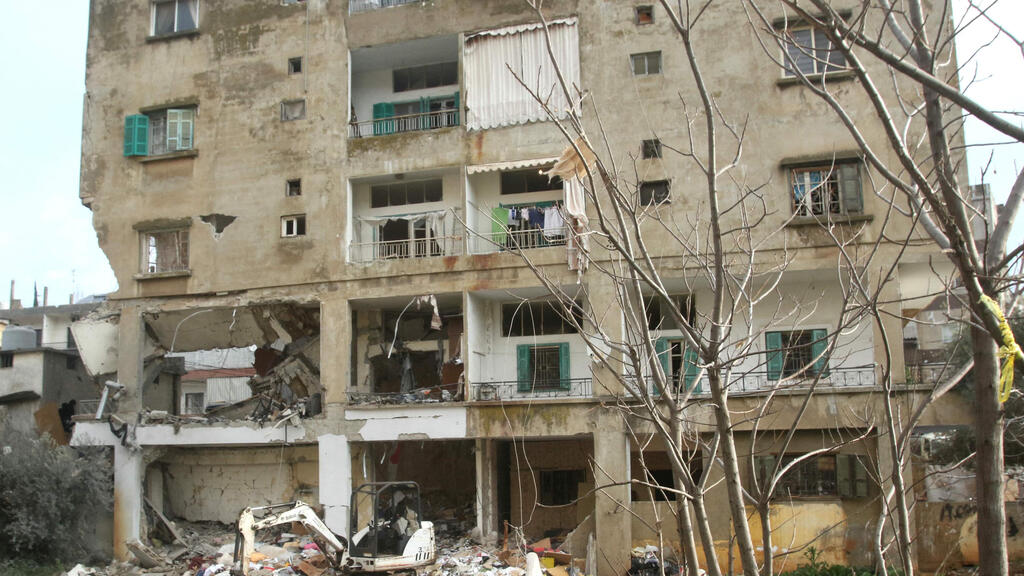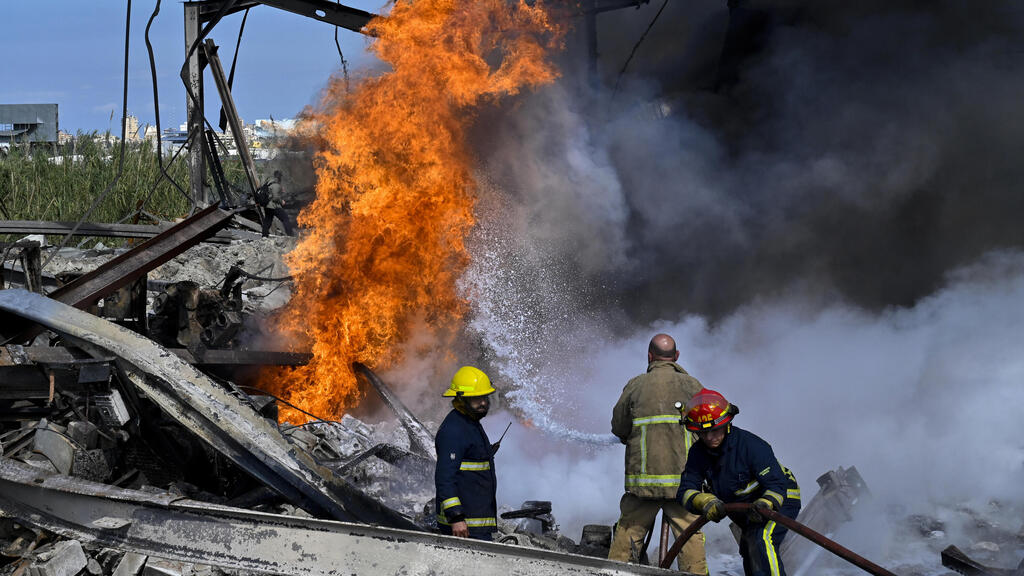While efforts to reach a diplomatic solution for the Israeli conflict with Hezbollah, the cross-border fighting is intensifying, leading to more residents of southern Lebanon leaving their villages and seeking refuge in safer areas. Late January estimates showed that some 83,000 Lebanese were already displaced.
Read more:
According to recent reports, 90% of the population of the towns and villages around the coastal city of Tyre have left, sometimes having to move multiple times, and many have been living in poor conditions without work, childcare or education for their kids, a situation not unfamiliar to some Israelis.
In local media reports from the region near the border with Israel, tension is evident. Still, some people have chosen to stay, whether for practical economic reasons or out of ideology.
The al Akhbar news outlet, affiliated with Hezbollah, published an article about those who stayed in their homes. Featured in it were brother and sister Hossein and Mantaha, who represented the resilience of villages in their town of Hulah, especially after the Israeli mayor of Margaliot demanded publicly and repeatedly that Hezbollah be pushed back away from the border and that its terror infrastructure be destroyed.
A week after the article was published, al Akhbar reported that Hussein was killed in an Israeli air strike and his sister was wounded.
The Al Araby channel recently wrote about the impact of the conflict on children in the south, after their schools were shut and they had to study remotely. "This is not a normal life," one girl said. "We as children are supposed to enjoy a social life."
As the war drags on, more and more residents of Lebanon's south have been speaking out against a broader conflict, although many refuse to do so publicly, amid the atmosphere of fear in their region. "We want nothing more from our country other than to stop the war, so that we would be able to return to our homes and our land," Arab media quoted one resident as saying.
2 View gallery


Aftermath of an Israeli strike on the town of Nabatiyeh in S. Lebanon
(Photo: Mahmoud Zayyat / AFP)
"Israel is our enemy and attacks our sovereignty on a daily basis, but we are tired," another civilian said.
Many also wonder why they must pay in blood and absorb such losses for no compelling reason. Some claim in published interviews that they identify with the population in Gaza but do not see how a second front against Israel from the north has helped their situation.
One resident of southern Lebanon posted a video clip in which she spoke about how difficult her life has been during the war. She said she had to make personal sacrifices and that her new business has suffered.
"We are living in a war with death and destruction. We are denied living our dreams or dreaming that tomorrow would be better. We hear the bombs and the planes. We are not allowed to live," she said.
Lebanon has been struggling irrespective of the war because of a political and economic crisis that would only be compounded by a war with Israel. Some of the Lebanese politicians have spoken about it in interviews. Fuad Seniora, who was prime minister during the 2006 Second Lebanon War, told Al-Jazeera last week that Lebanon would not survive a war and the crisis it is already suffering from would not enable the state to manage a war.




